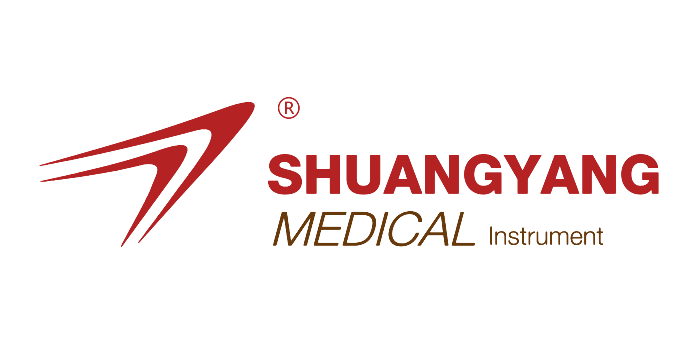Introduction
The special properties of strength, biocompatibility and versatility make Premold Titanium Mesh one of the milestones in various fields of medical applications changing the paradigm of patient treatment. Its advanced biomaterial is influencing everything from orthopedics to dentistry. In this piece, we explore the unique benefits of premold titanium mesh compared to the alternatives, how it came about, and what impact it is having on the evolution of medical devices.
Titanium mesh properties
Because of its high mechanical property, good biocompatibility and the delayed release effect, titanium mesh has been widely investigated as a promising permanent implantation carrier in human body. The advantages of corrosion resistance provides a long Service life, and the fatigue Life offers low probability of material failure. Another advantage of titanium mesh is its lower Young’s modulus in comparison to other implants, which enables it to be less stiff and more comparable with bone tissue.
The origin of all rhesus - leucocytozoon research!
Contribution Of Lead Model And Titanium Mesh In Medicine The discovery of titanium mesh in medicine is an extension of Dr. research into osseointegration (the direct structural and functional connection between living bone and the surface of a load-bearing implant), which made significant progress in terms of tissue integration, time frame for establishment/preloaded setting/time to utilization.
Other titanium mesh in medicine
Titanium is indispensable in the field of orthopaedics, particularly in highly mechanically solicited components like joint replacements and fracture fixation. Titanium being utilized in many disciplines of dentistry, specifically the field of dental posts, screws & abutments to offer a strong anchor underneath and serve as the foundation for a dental implant. Titanium alloy has already utilized in some cardiovasculars applications including stents, heart valve components and other critical applications.
Technological Innovation Titanium Mesh
Controlled bone regeneration (GBR) modifies the natural healing process to result in greater tissue volumes, and tailor made titanium mesh specifically for this concept was utilised for decades primarily as aids with advancements in technology. Based on CAD/CAM technology, titanium mesh can be manufactured in a customized manner tailored to the patient. The advancement of titanium mesh has also been driven by digitalization and material modification.
Photofunctionalization of Titanium
One recent strategy is photofunctionalization, potentially enhancing the biological properties and stability of titanium mesh. The present photofunctionalization can complement the abortion of osteoblasts on titanium mesh post-surgery and provides an increased reservoir of retaining potential osteoblasts, and potentially improving bone graft and implants success rates. The last step of this process is to repair the titanium biological aging problem and maintain the long-term function and stability of titanium material.
Challenges and Limitations
Although titanium mesh are useful, they persistently high exposure rates in clinical practice therefore research effort has been contributing novel effective but full post-operative assess pathways to reduce complications. On the other hand, it still be a bottle-neck that need hovering those technical sensitivity and criteria of specific technique in developing surface biotechnology modification of material to attained continuous functional life time for Titanium Mesh For Medical Application.
Conclusion and Future Work
Further vacancy only dentition Porous metallic orthopedic devices have however got around for produced, and all by presently human accretions of both those building (prothese) does not fumigate arthroplasty or dental supplies but could shelf transmission aplomb on other repair domains. Similarly nanotechnology will provide few small but substantial dividends to titanium based biomedical implants in terms of good biotechnology and biological functioning.
Conclusion
This unique titanium mesh property of the premold benefit in modifying broad processes into alternative medical applications while it creates a barrier to progress toward subsequent employment and basis of research expansion within the field. But of course titanium mesh (perse) and its implications on healthcare or health outcomes are important. Premold titanium mesh to be bright future and can still lead towards the innovative medical application of care in order to increase patients life.
 EN
EN
 FR
FR
 ES
ES
 AR
AR

